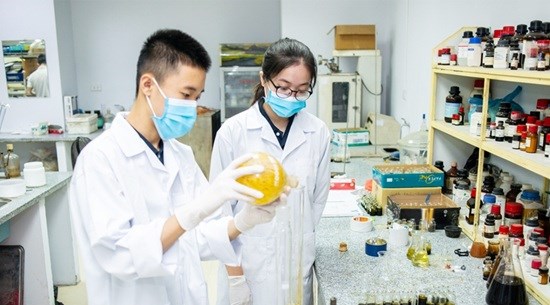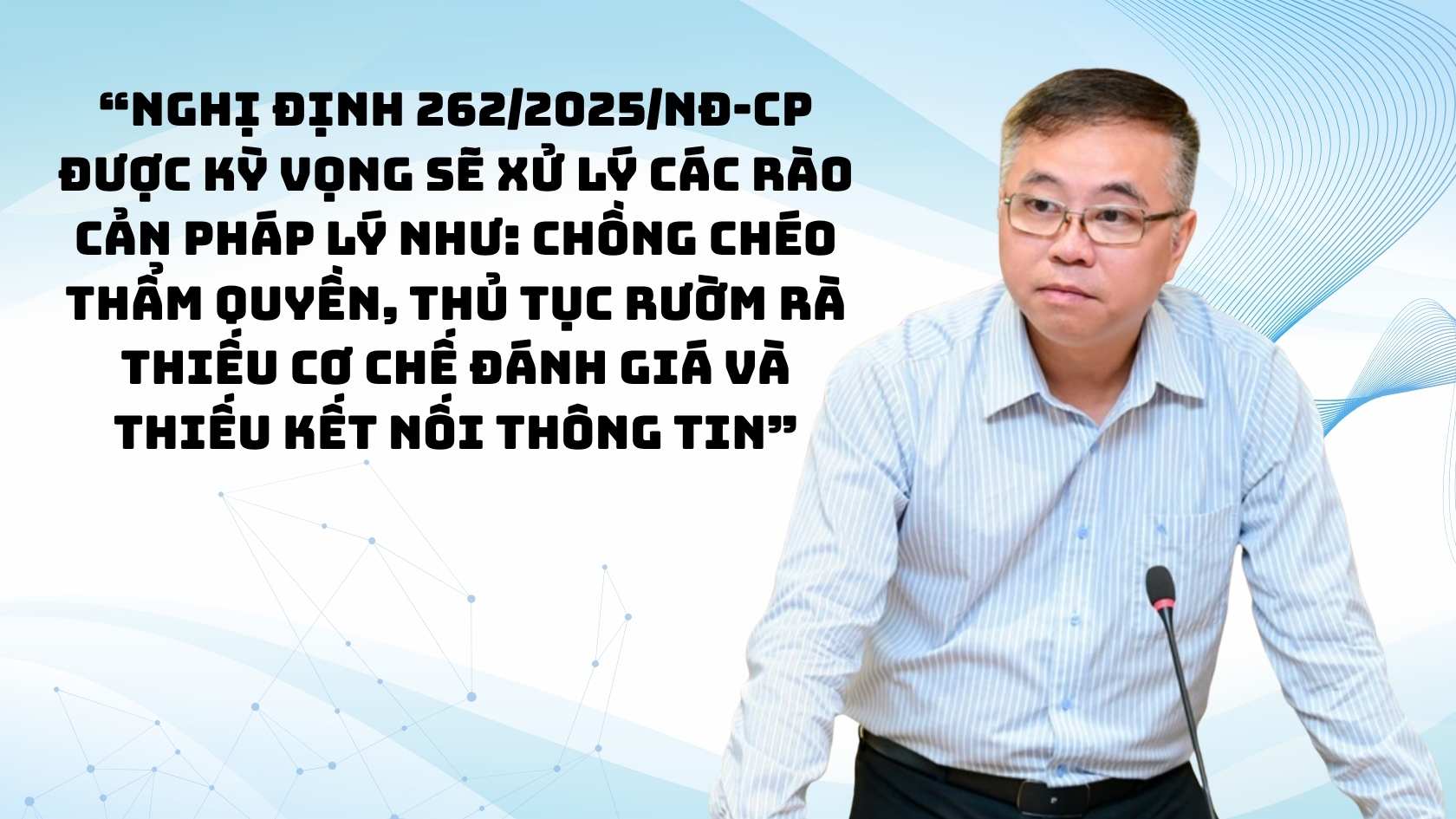
The Government has just issued Decree 262/2025/ND-CP, detailing a number of articles of the Law on Science, Technology and Innovation (KHCN and DMST). The Decree is assessed to have many new points in decentralization, delegation of authority and giving initiative to localities, institutes, schools and enterprises. At the same time, remove many legal "bottlenecks" that have existed for many years in the management of science and technology activities.
Informing the press, Mr. Dao Manh Thang - Deputy Director of the Department of Information and Statistics (Ministry of Science and Technology) said that the new highlights focus on 4 main groups of content:
Decentralization to localities
One of the notable changes is the authority of the provincial People's Committee in allowing the establishment and approval of the charter of a foreign-invested science and technology organization.
Previously, this was done by the Ministry of Science and Technology, and organizations had to ask for permission from the Provincial People's Committee to set up headquarters. But up to now, the decentralization mechanism has helped simplify procedures, reduce compliance costs and increase local proactiveness. In addition, specialized agencies under the People's Committees of provinces and cities also issue certificates of registration of science and technology organizations with foreign capital, including both public and private hospitals.

Recognition of the Research and Development (R&D) Center
According to Decree 262, R&D Centers are entitled to many incentives such as land lease, infrastructure in industrial parks, high-tech parks, high-tech agricultural areas, and concentrated digital technology parks. In addition, priority is given to the use of research equipment, shared laboratories, incubation facilities, and DMST centers.
At the same time, support information, communication, trade promotion and other incentives according to regulations. The authority to issue the R&D Center Recognition Certificate is the agency that issued the certificate of registration of the science and technology organization.
Establish a national science and technology assessment system
The Decree establishes a national unified assessment system for science and technology activities for the first time, overcoming the previous situation of a lack of a mechanism for assessment, statistics and synchronous digital transformation. Localities are given the right to proactively evaluate and can hire independent consulting organizations for major programs, and publicize the results on information portals and media.
At the same time, it is linked to emulation, rewards and budget allocation. For institutes, schools, and science and technology organizations, the assessment system helps self-assess and improve competitiveness; issue R&D capacity certificates or innovation centers, link with financial policies, appointment, reward or responsibility handling.
Exploiting and using science and technology information
Decree 262/2025/ND-CP stipulates the application of information technology in data collection, ensuring complete, accurate, easy integration and sharing data. Information is managed centrally on the National Information System on Science, Technology and Environment; Ministries, branches and localities are granted accounts to update, exploit and use information to serve state management.
The Deputy Director of the Department of Information and Statistics (Ministry of Science and Technology) also said: "Decree 262/2025/ND-CP not only concretizes the Law on Science and Technology and Management of Natural Resources and Environment, but also handles long-standing legal barriers such as: overlapping authority, cumbersome procedures, lack of assessment mechanisms and lack of information connection.
With new regulations on decentralization, delegation of authority, digital transformation and data disclosure, the Vietnamese science and technology system is expected to be more dynamic, more transparent and closely linked to the development needs of localities, businesses and society".











